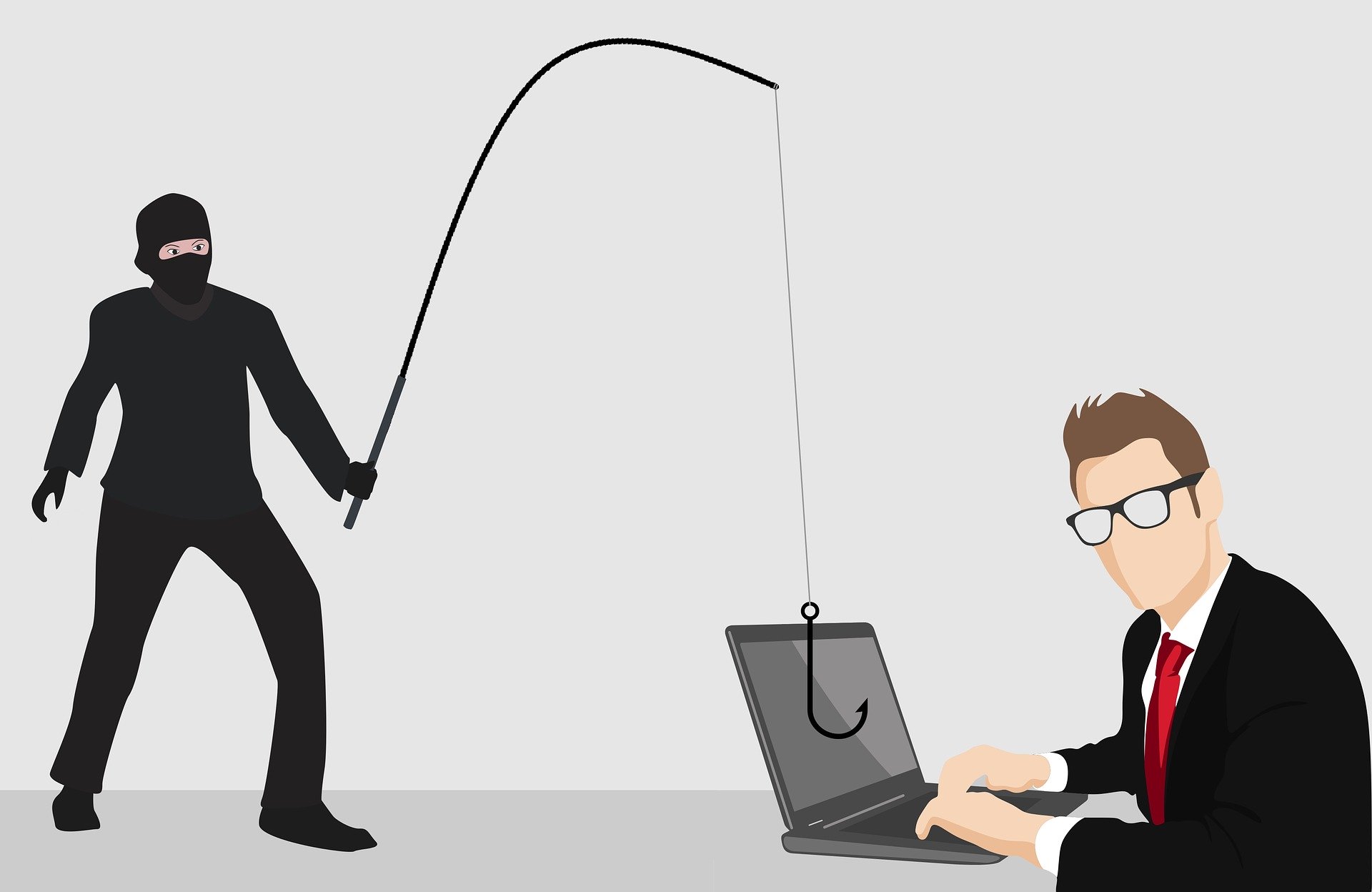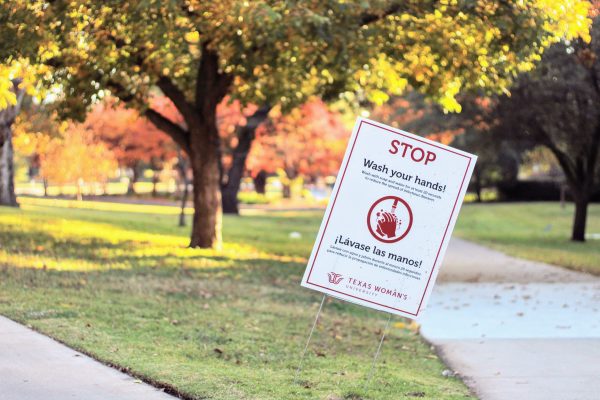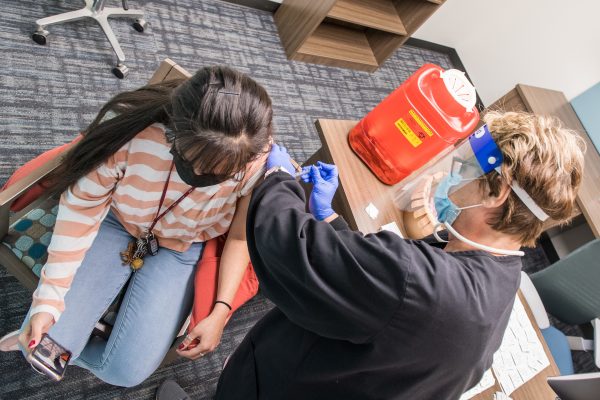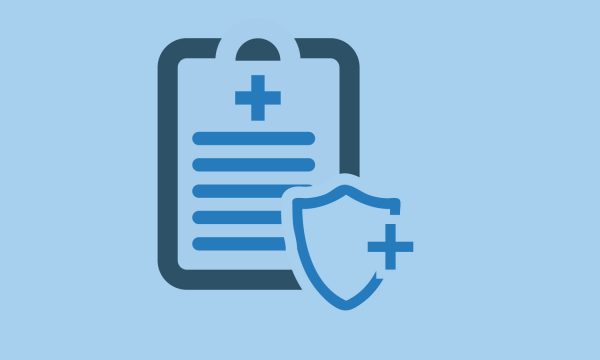I’m sure you’ve heard of this before: a distant and royal relative living in a far-off country has just sent you an email letting you know they exist. They have a simple request that will only take a minute that you can do completely through email. All they need is your Social Security number, bank information, driver’s license, left kidney, and, of course, the name of your first pet.
If you couldn’t guess by now, this is NOT actually a relative of yours and though it is a dramatization, this happens to millions of people across the globe. This situation is known as phishing, a type of cybercrime where you can be contacted via telephone, text messages, and/or emails by someone pretending to be an authentic source or authority figure. The whole purpose of phishing is to trick people into giving criminals personal data, like credit card information, Social Security numbers and even a person’s identity, all with the help of the internet.
Recent news outlets, such as Forbes and The Verge, have reported several new cases of COVID-19 phishing scams. These scammers will likely continue phishing through the pandemic, using the global crisis to their advantage, and doing everything they can to steal your valuable information. Here’s a list of six ways to protect yourself from phishing, based on tips from TWU Technology Services.
1. Be wary of emails asking for confidential or personal information.
These emails often have “Urgent” or “Warning” in the subject line as an attention grabber and scare tactic. Here are some other key phrases most phishing scams will use: “We’ve noticed some suspicious activity or log-in attempts,” “Click here to confirm payment,” and “This is time-sensitive information..” Your bank will NEVER ask for personal information through an email, and neither will TWU.
2. Double-check brand names or trademarks
Just because the sender of an email looks like someone you know, does not mean it actually is. Check the sender’s email address or number used to confirm their identification against a number or email you previously have communicated with or you know is safe. If you still aren’t sure, head to that company’s website and check at the bottom of the page for the email and phone number, in case you have any questions.
3. Watch out for hacked emails from TWU faculty
Several TWU students (and members of The Lasso’s news team) have received emails from instructors’ and administrators’ hacked emails. According to an email from TWU Technology students received last week, these emails will seem out of character, often asking for money, passwords or gift cards. Do NOT give out any personal information via email or text under any circumstance.
4. Don’t click on a link in an email unless you are positive it is safe
Malware and other viruses are often hidden in the attachments used by phishing scammer. To check if a link is safe, you can scan the attachments for malware before opening.
5. Install security software
Security software is a great way to keep your computer and its files safe from any phishing or cybercrime attacks. You should also make sure to update your computer regularly and always use multifactor authentication. This prevents anyone from hacking into your accounts and gives your data an extra layer of protection.
6. Never give anyone the password information to your accounts
Legitimate businesses and companies won’t ask for your passwords or usernames so be careful. Also, as a good rule of thumb, Always keep passwords long and difficult to figure out. The easier your passwords, the easier it is to hack into your accounts so make sure you don’t use anything with your name, address or just the word “password.”🤦
For more tips and tricks to help you navigate online, go to https://twu.edu/technology/. If you have questions or concerns regarding phishing, be sure to contact TWU’s Technology Services at servicedesk@twu.edu. Stay safe, Pioneers!
Catty Tomaszewski can be reached at ctomaszewski@twu.edu.












Be First to Comment